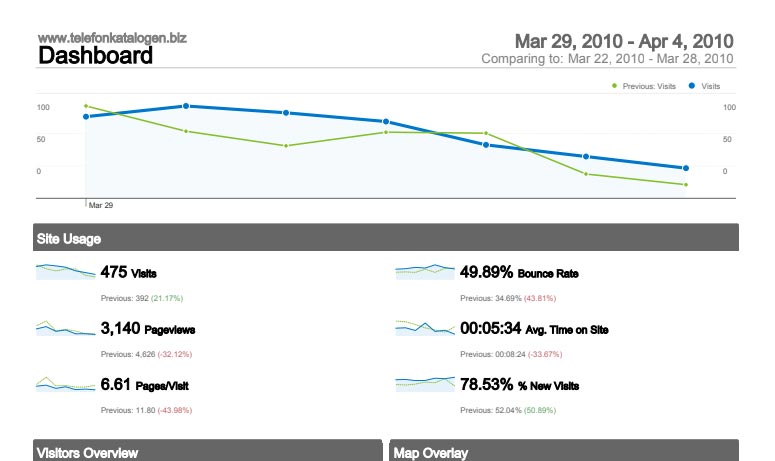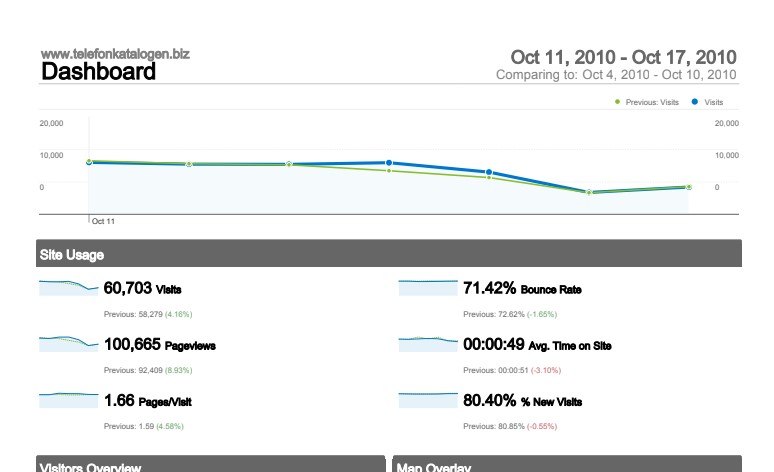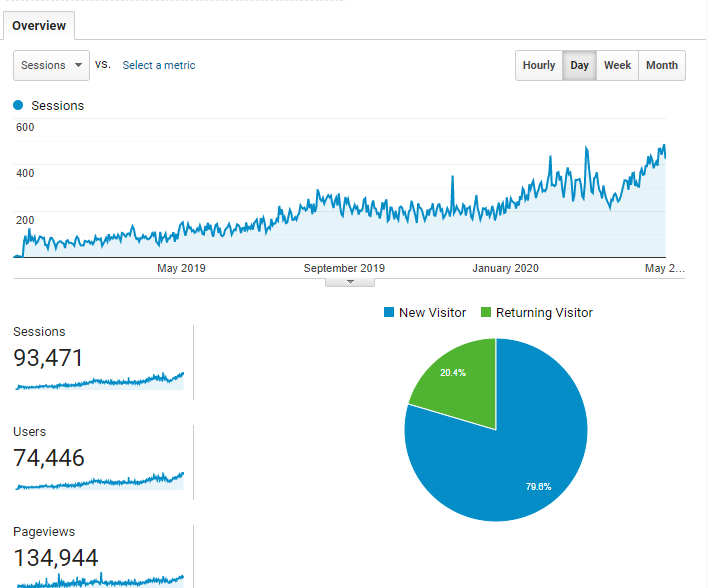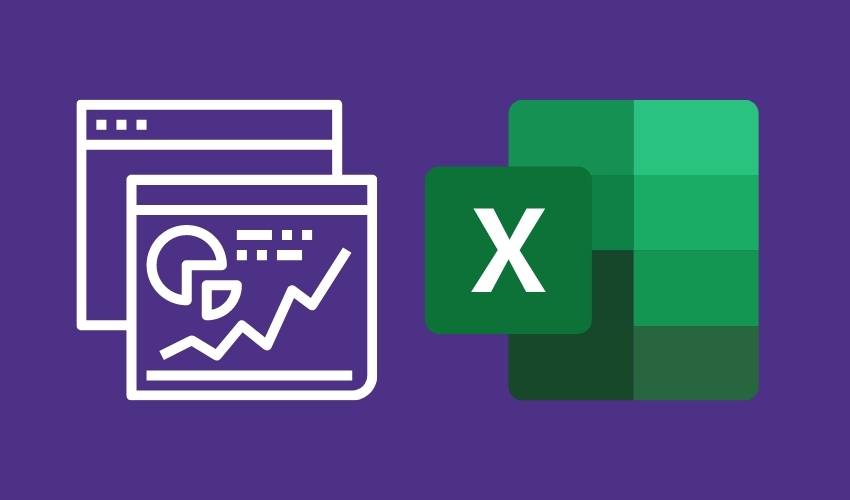What are keywords and why do you need to focus on them?
Keywords are said to be words or phrases that describe the topic of your content.
These keywords help Google and other search engines find your content seen by people looking for similar issues.
The more popular a keyword is, the more competitive it becomes as well.
You’ll need to use long-tail keywords which are less competitive but still relevant to what you’re writing about.
Always think specific instead of general.
Always think topics not only keywords.
Table of Contents
What are keywords?
Keywords are words that best describe a topic.
A keyword is what you would find if you were to do an online search for your article or speech’s subject matter. The word “keyword” was part of the title, subtitle, or description on a website listing it in its index. The keywords can be used as headers throughout your document.
Hence, people know what they’re about when searching for content within this category.
It will increase readership because their interests might not have been met with any other heading style present.
Keywords should reflect how someone writes content for social media platforms.
These platforms are such as Facebook and LinkedIn. There are limited characters available due to character limitations per post (140). This is compared to those found on websites.
Why do I need them?
The goal of a keyword is to make your post more searchable.
An excellent way to think about keywords in social media marketing is social media engagement. They’re the words you use when talking with other people who may not know as much about what’s going on.
Moreover, and want an explanation for how things work.
How to find keywords for my blog post?
Article content is often written according to a specific theme.
If you want your blog post to be successful in the search engine optimization (SEO) department, you must focus on keywords and topics.
Here are some tips for finding those golden words:
Start with broad vital phrases and work your way down.
Basic SEO practices include using relevant terms when writing articles. Also, when posting new blogs onto an existing site. This is by utilizing advanced searches via Google AdWords Keyword Tool, Google Trends. Besides, Wikipedia dictionary of emerging trends/words of the year.
With the recent update of Bing Ads Intelligence, users now have access to instant trending data across many platforms.
This feature allows advertisers and marketers to get a quick overview of what’s popular on social channels. Facebook or Twitter, for example.
Recently Microsoft released their newest online tool.
It provides instant updates about trends in markets such as Google AdWords Keyword Tool and WordHippo.
Also, providing some interesting insights into words, people search that are less common but still important.
Tips on how to use keywords
Let’s discuss how to use keywords. This will ensure that your content is found by the right people, which in turn can generate more traffic and leads for your business!
Now let’s get started with some tips on using them:
- Use keyword research tools like Google Adwords Keyword Tool or SEMrush but don’t rely on these. It would be best to do some of this work yourself, such as trying out different search phrases until one stands out enough to be used in marketing campaigns.
- Don’t repeat words too much within any given article (use synonyms instead). Readers may find it annoying if they see “target” so many times when searching.
- Start with a catchy headline that mentions your keyword or topic. This will make sure readers are immediately interested and more likely to read.
- In the introductory paragraph, note what your article is about before getting into too much detail. This way, it’ll be easier for them as they continue reading without having lost interest already.
- Include one sentence per subheading. Each should have a critical point that follows from those preceding it so the reader can find the information he needs at any time while reading.
- No one likes reading boring paragraphs. Please make sure all your sections are exciting and informative when you use keywords in the first sentence. This allows readers can maintain their interest.
Why keyword research is essential for SEO?
How keyword research can help your SEO?
In today’s “Google only” world, it is more important than ever that companies do their best to rank well and stay high on the search engine results page.
Implementing a robust keyword strategy helps improve how people find your company online. This is through Google searches. This strategy helps in optimizing content throughout all parts of your marketing efforts.
How many people search for your website on Google is what affects your rankings.
Keyword research will pinpoint the most popular search terms your buyers are using and which ones your competitors use to describe their goods or services.
Doing this helps can get a leg up in ranking higher than them!
The keyword research process helps identify keywords with high market demand. Allowing companies to choose which phrases will best represent their offerings online.
This strategy’s benefit is increased visibility and more significant branding opportunities.
This is by targeting specific terms more appropriate for each product line rather than one generic term.
How to optimize for keywords?
Discovering how to optimize your content for keywords is a great way to increase the traffic on your website. To get started, you’ll need two things:
A keyword and an SEO toolkit.
The first will be used as text in articles or product descriptions to show up higher when people search for those products/services online.
In contrast, the second is a variety of tools designed to help web admins find out what words work best with their target audience.
- Also, update titles. Besides, rank better than competitors’ sites with similar topics but inferior optimization techniques.
- These inferior techniques include using spammy links from other websites.
- Thereby increasing site visibility and organic rankings within Google’s results pages (SERPS).
- What are long-tail keywords?
Long-tail keywords are phrases that have a more extended search volume than other, more popular words. Long-tail keyword searches are less competitive because they attract fewer advertisers. Also. Lower advertising costs for the business owner.
Long-tail keywords refer to those with shorter popularity but higher specificity.
These types of queries have an individual’s intent close. They are very specific while still being easy enough to type into the Google search bar without much trouble finding it on page one.
Reason to know how long people stay at each site when surfing around (or bounce rate).
The downside of this method is you might miss out on some significant opportunities.
It happens if your website isn’t optimized towards these niche markets.
What are supporting long-tail keywords?
A supporting long-tail keyword is a word that does not appear as the first three words in your search query. Else, presents a different concept or idea relevant to what you are searching for.
Supposing I am interested in finding information on “what do baby pigeons eat.” If this was my input phrase and Google returned results with “What Do Baby Pigeons Eat?” as the top result, some of these other terms might be further down: What Kinds Of Food Can Be Fed To Adult And Young Birds?
Why you should use the same keyword in your title, subheadings, and body of text
The keyword you choose for your title should be used throughout the text.
This is because it helps provide continuity and will make people more likely to read through your post all the way. Plus, good quality content starts with choosing keywords relevant to what you want readers to know about.
- So they search on Google until they find articles like yours!
- Any reader who lands on one of our posts or pages from their favorite website’s news feed – Facebook, Twitter.
- See them all as valuable pieces of information worth reading.
- We need to use consistent words within titles (headings).
- Also, on sub-titles and body copy when writing blog posts.
Choose popular phrases related to each article topic before brainstorming other ideas.
Why is it essential to use a variety of keywords in your content
The use of keywords in content is essential because it determines how search engines find your website. By using a variety of relevant words, you can provide differently.
You want to make sure you’re using different keywords in your content so that Google can pick up on the various topics and subtopics of your article. This will not only help optimize search engine optimization. But it’ll also give people more information about what they may be looking for when searching within a specific keyword or topic category.
Keyword density – how many times should you use a keyword per page
The density of keywords is an essential factor to consider when writing. Please strive for a balance between using too many and not enough to maintain clarity. While also seeking the right amount to optimize your page’s ranking on search engines.
The optimal keyword density is no less than five times per page and not more than ten.
Your document’s appropriate number of keywords should fall between 5-10 occurrences. This should be a piece to optimize the SEO benefits.
Using synonyms and related words as keywords in your posts
Synonyms and related keywords are a great way to increase the information density of your blog posts. Thus, making them more informative. Get creative with words that relate or have similarities in meaning so as not to be repetitive!
Keyword tools you can use to help with your research
Google is one of the most common keyword search engines on the internet today because it’s free. Yet, if you don’t have an account or want more specific results from a particular site other than google. Try using either Bing (if you’re looking for more academic sources) or yahoo. Both provide similar services as those outlined above and various others that are worth exploring!
There are many out there, but I will give a few examples of my favourites:
SEMrush has an in-depth analysis of SEO features. This feature helps one to balance search engine optimization and social media marketing.
Google Trends tells trends across all major platforms like YouTube, Facebook, Twitter, Instagram. At different times overtime to make informed decisions about when it’s best to post things or not post them (e.g., during natural disasters).
Keyword Tool by AdWords tells exactly how competitive keywords might be.
This is based on the competition level from other advertisers.
Output: Keywords can tell you a lot about your potential to compete in a blog. Also, the Keyword Tool allows you to estimate the competitiveness of specific terms. This tool is perfect for anyone looking into advertising as it provides details like keyword volume (# times per month). Besides, difficulty score (how difficult will this be?), CPC ($ cost-per-click) estimates, among many others!
Tips on using the right words in your content so that it ranks higher in search engines
If you want your content to rank higher in search engines, the words on each page must be informative. Use phrases like “in this article”. Else, give a short overview of what will be explained later in detail. Such as: “For more information about how SEO can increase traffic for your blog posts and landing pages, read through our post.” Ensure that keywords relating to whatever topic you’re writing about appear at least once per paragraph. Even if they don’t sound natural!
Search engine optimization is crucial aspect on content development. One way to make your writing rank higher in search engines like Google and Yahoo!. Also, Bing and DuckDuckGo are to use the right words throughout your article or post. Here are a few examples that you can include:
- Use appropriate keywords with high popularity.
- Include synonyms for used keywords
Learn More About Keywords
- Free Keyword Research Tools In 2021
- Google Keyword Planner: How to Use It the Right Way
- Keyword Research: The What, Why & How
- LSI Keywords: The Ultimate Guide to Using Them
- The Best Keyword Research Tools (And How To Use Them)
- 7 Types of Keywords That Will Increase Your Search Traffic
- Keyword Clustering
Conclusion
Understanding the importance of keywords is essential for SEO success.
It can be challenging to know which ones are best.
But here are plenty of tools to help you find them and incorporate them into your website’s content. There are many reasons why a keyword may not work well with your site.
It might have too much competition or no relevance to what you’re trying to promote on your page.
But by using these simple tips, you’ll be able to identify any issues and make changes accordingly!
Whether it’s technical or creative writing skills, we’ve got experts who specialize in all marketing facets, so give us a call today!
FAQS
What are keywords?
Keywords are terms and phrases that define what your content is about. In the SEO world, keywords help searchers find relevant information online. This is when they enter a search term in a search engine or other website's text box.
What are keywords?
Keywords are terms and phrases that define what your content is about. In the SEO world, keywords help searchers find relevant information online. This is when they enter a search term in a search engine or other website's text box.
What are keywords?
Keywords are terms and phrases that define what your content is about. In the SEO world, keywords help searchers find relevant information online. This is when they enter a search term in a search engine or other website’s text box.
What is the purpose of keywords?
The keywords in a research paper help other researchers find your paper’s particular topic and content when searching. The keywords define what field, subfield, or research issue you’re writing about.
Do keywords matter anymore?
Keyword placement is more critical than the frequency of keywords in your content.
So it’s important to know that SEO still does matter, to a degree. For example, your long-tail keyword must show up in your page title, URL, sub-headers. Besides, image descriptions and meta descriptions. In other words, keyword placement is still important.
How do I find keywords?
Find ranking keywords for your site or a competitor’s site with these steps:
- To find keywords related to your site, type in your URL into Keyword Explorer.
- Choose the country that most people in your audience are based on.
- Click the Analyze button.
- You’ll see top-ranking keywords.
- Click on the ranking keywords on the left panel to view more popular keywords.
Why is SEO so important?
SEO can be daunting because of the many different factors that it relies on and the extent to which each plays a role in whether your site will rank well. In short, SEO is crucial because it makes your website more visible and increases traffic. This leads to more opportunities to convert visitors into customers.
How do you use keywords?
Your priority should be setting the stage for your content with a headline and opening paragraph that introduces your topic. So, open up by talking about keywords, either in the first sentence or within the opening paragraph of your post.
No matter where you place it, make sure to weave other variations of your keywords throughout the rest of your text.
What is the difference between tags and keywords?
Keywords and tags are two different ways of identifying content. Tags give the author a way to categorize content when it’s submitted. But keywords play an essential role in search optimization and should always be used where they’re appropriate.
The 8 Best Tools for Finding Competitor Keywords
- BuzzSumo.
- SpyFu.
- SEM Rush.
- WordStream’s Free Keyword Tool.
- Crowdsourcing Keyword Research.
- Ahrefs’ Keywords Explorer.
- Tag Clouds.
- AdWords’ Auction Insights.
How many keywords should I use for SEO?
At the bare least, some pages may have a singular focus that answers only one query. It’s much more likely you’ll want to target two or three keywords/phrases per page, even if they’re close variations. After all, each page only has one title tag and meta description.
Do SEO keywords need to be exact?
In general, it’s no longer necessary to worry about your keyword throughout the content. If it seems awkward or uses it too often, you might harm your content and SEO. Instead, focus on creating quality content that flows like natural speech and provides context with keywords.
Should I use the exact keywords on every page?
Try to be creative with your anchor text, and don’t overuse the exact anchor text for every link. This makes it seem like you’re using the same links more often than others, which may make visitors feel like you’re trying to “game” them.
Share This Story







